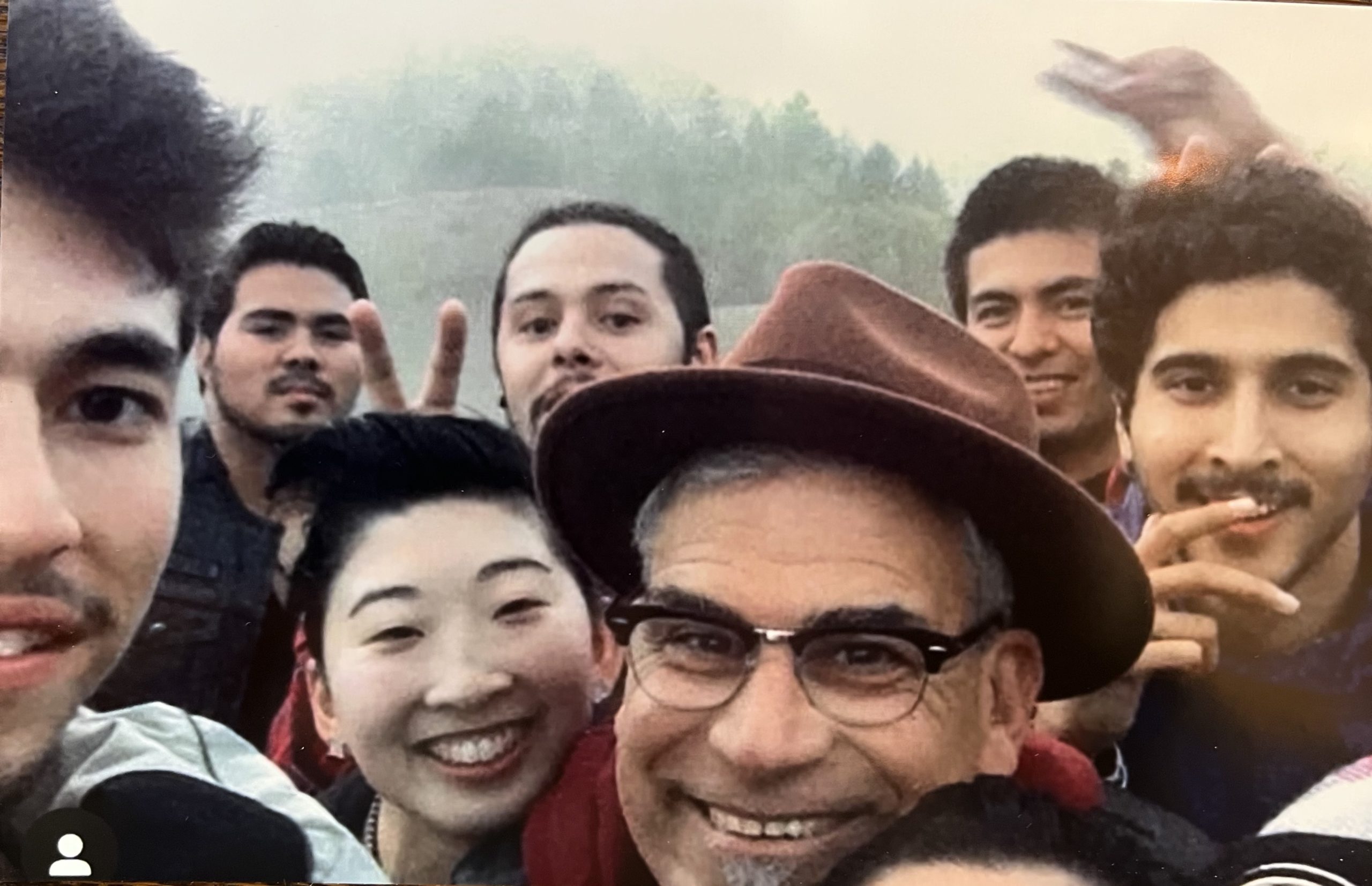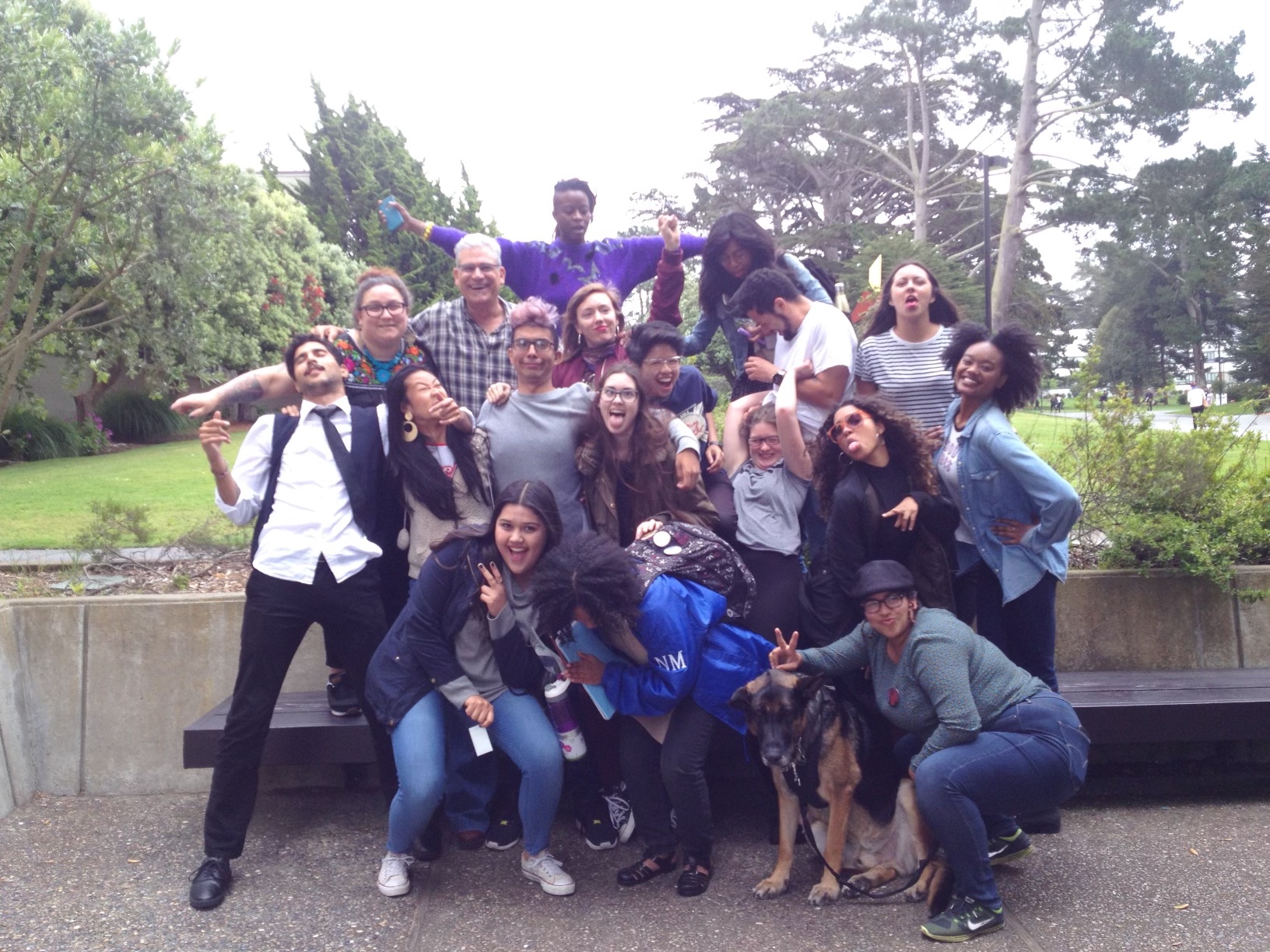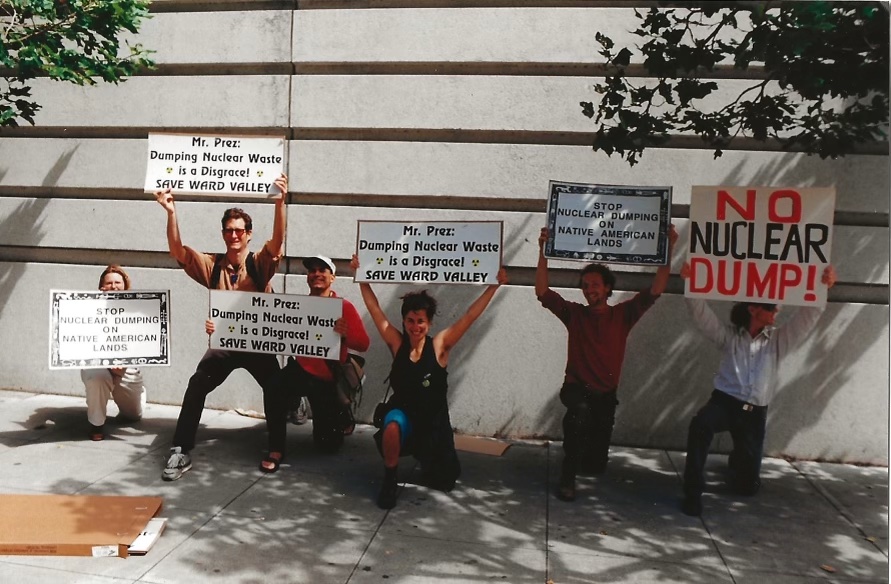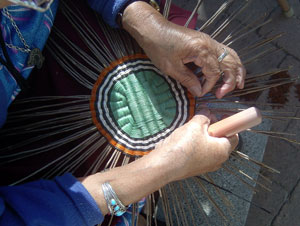Colonialism by any other name is still colonialism,
a crime against nature, peace and humanity.
— John Trudell
Philip M. Klasky lectured for nearly two decades in the Departments of American Indian Studies and Race and Resistance Studies on issues of law, environmental justice, human rights, de-colonization, media literacy, cultural preservation and ethnography. He served as the director of the Ethnic Studies Student Resource and Empowerment Center, acted as faculty advisor for the Student Kouncil of Intertribal Nations, and was one of the New Leader Scholarship’s longest-serving mentors, supporting low income, immigrant, and students of color.
Phil grounded his teaching in the community. He brought students to the Greenpeace warehouse to learn about the tools, practice, and philosophy of non-violent direct action and regularly took his classes to Indian Canyon, the only land continuously held by the Ohlone people, first inhabitants of the San Francisco Bay Area. In 2010, Phil worked closely with tribal organizations and students to develop the multi-media, exhibit “We are Still Here” about the historic American Indian occupation of Alcatraz, now permanently displayed on the island.
He also served on the mural committee for the student center Native American mural of the same name. After the Fukushima nuclear disaster in 2011, Phil organized a seminar on campus featuring survivors of Chernobyl, scientists, and anti-nuclear activists and just a few years before his retirement, he designed the very popular course, Race, Activism, and Climate Justice, which included a Climate Justice Speaker Series connecting students to a wide range of organizations. Phil was also a long-time activist in the California Faculty Association, serving as the SF State chapter media coordinator for many years.
Phil received his master’s degree in Geography and Human Environmental Studies from SFSU where he also attained his bachelor’s degree in Environmental Studies, a special major. As a graduate student, Phil was directly involved in the establishment of the Department of Environmental Studies at SFSU.
Phil’s Master’s Thesis is available online: “An Extreme and Solemn Relationship: Native American Perspectives on the Proposed Ward Valley Radioactive Waste Dump” 1997 “.
Courses:
AIS 205 American Indians and U.S. Laws
AIS 235 American Indians in the Mass Media
AIS 310 American Indian Religion and Philosophy
ETHS 300GW Writing in Ethnic Studies
ETHS 685 ProjectTeach – Student Center Internship
ETHS 699 Independent Study – various student projects
ETHS 899 Independent Study – graduate division
RRS 250 Race, Ethnicity and Power in America
RRS 276 Race, Activism, and Climate Justice
Besides his support and collaboration with American Indian and Alaska Native tribal communities, Klasky’s studies of culture and the environment included international travel to Mexico, Central and South America, Europe, India, North Africa and Indonesia.



